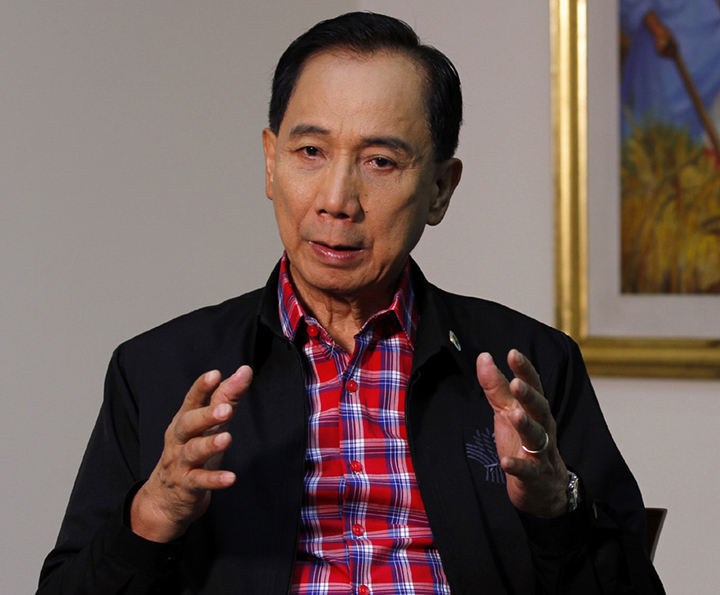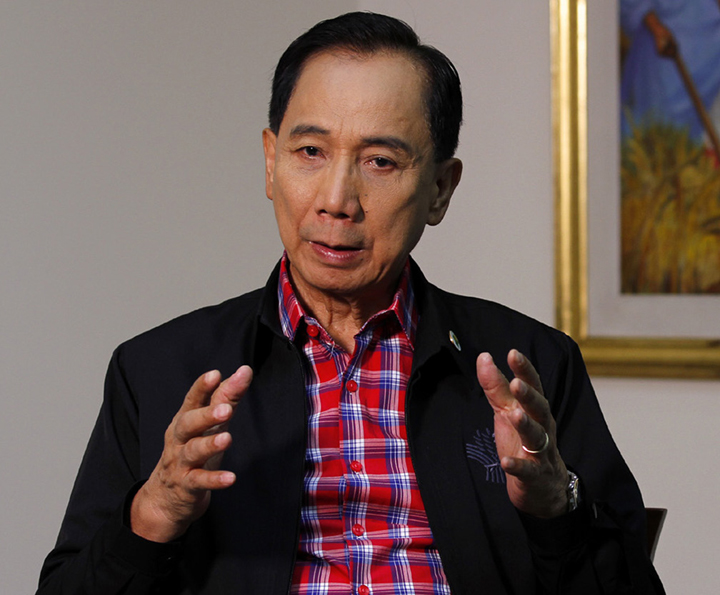
The Philippines is mulling over the importation of fertilizer and sell this at a subsidized cost to farmers in a bid to pull down the prevailing prices of the farm input that has been skyrocketing in recent weeks.
This was one of the measures revealed by Agriculture Secretary William D. Dar that the Department of Agriculture (DA) is studying to reduce the price of fertilizer in the domestic market.
“We will continue to touch base with our international suppliers and hope we can buy, I mean the government can buy from them or the government can import these fertilizers so that it will have cheaper landed cost,” he said in a video posted in his social-media accounts on Thursday.
“With the collaboration of international suppliers or subsidiaries, the government can bring in from other countries and sell at affordable prices that will really bring down the prices of fertilizer today,” he added.
The Philippines is not spared from a global fertilizer supply problem, caused by higher demand from countries expanding their farmlands and stockpiling by some countries, the Fertilizer and Pesticide Authority (FPA) said.
Nonetheless, the FPA said the country has sufficient inventory stocks, which stood at almost 300,000 metric tons (MT) as of June 21, to weather the next cropping season.
However, the FPA said Filipino farmers will have to endure high fertilizer prices as they are expected to remain elevated until the end of the year, particularly for phosphates and urea.
“It is a global issue of supply and demand. When there are more buyers and less inventory then prices go up,” FPA Executive Director Wilfredo C. Roldan said at a virtual news briefing on Thursday.
“We are a net importer of fertilizer and we are losing supply [because other countries are buying more]. The tenders now among countries cannot be served and so we expect supplies to be limited.”
Roldan explained that countries like India and Australia are importing more fertilizer due to plans to expand their agricultural farms.
He noted that India has embarked on a massive palm oil production and currently has an advance booking of 1.8 million MT of fertilizer supply, which the global manufacturers cannot supply.
On the other hand, Australia, Roldan added, is increasing its farm area by almost 400,00 hectares for crop production.
On top of these situations, Roldan pointed out that the higher freight costs—which has gone up from $20 to $50—have also contributed to the increase in global fertilizer prices.
Lastly, Roldan said China, one of the Philippines’s top suppliers of fertilizers, is stockpiling the farm input amid rising domestic fertilizer prices. A foreign news wire agency reported last week that some of China’s major fertilizer companies have temporarily suspended exports to ensure ample domestic supply amid record-high prices.
FPA data showed that the average price of imported fertilizer per metric ton from January-to-May period rose by a fifth to $276.16 from $230.37 in the same period of last year.
During the five-month period, the country imported 894,662 MT of fertilizers, 2.44 percent higher than the 873,298 MT it purchased last year while value of imports expanded by 23 percent to $247.072 million, based on FPA data.
“My latest data shows that the average price of fertilizer is now at $500 [per metric ton],” Roldan said.
The average price of fertilizer has increased by as much as 40.5 percent on an annual basis depending on the grade, based on latest FPA data.
FPA data showed that the average price of granular urea in the last week of July rose by 40.5 percent to P1,393.32 per 50-kilogram bag from P991.45 per 50-kilogram bag recorded in the same period of last year.

